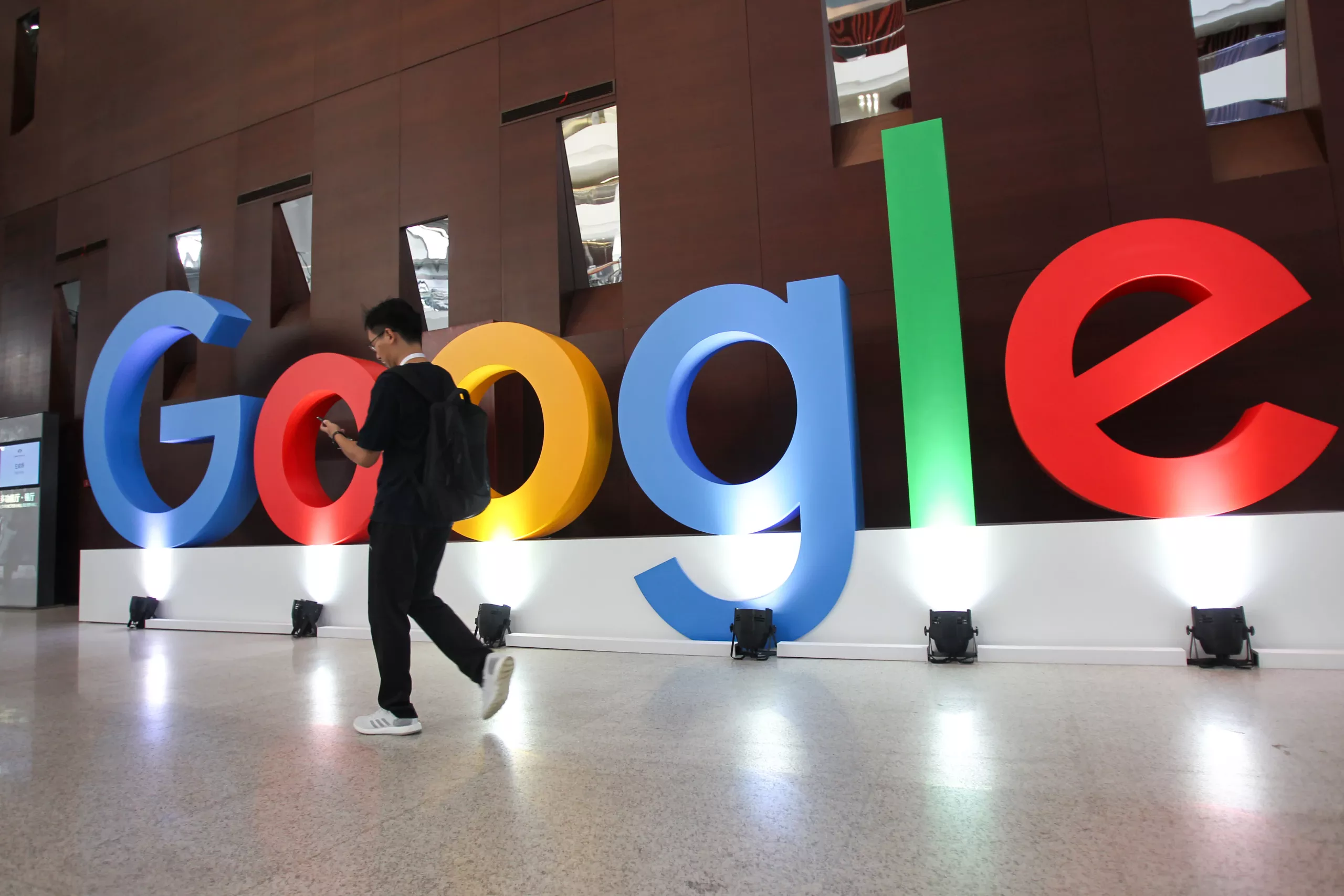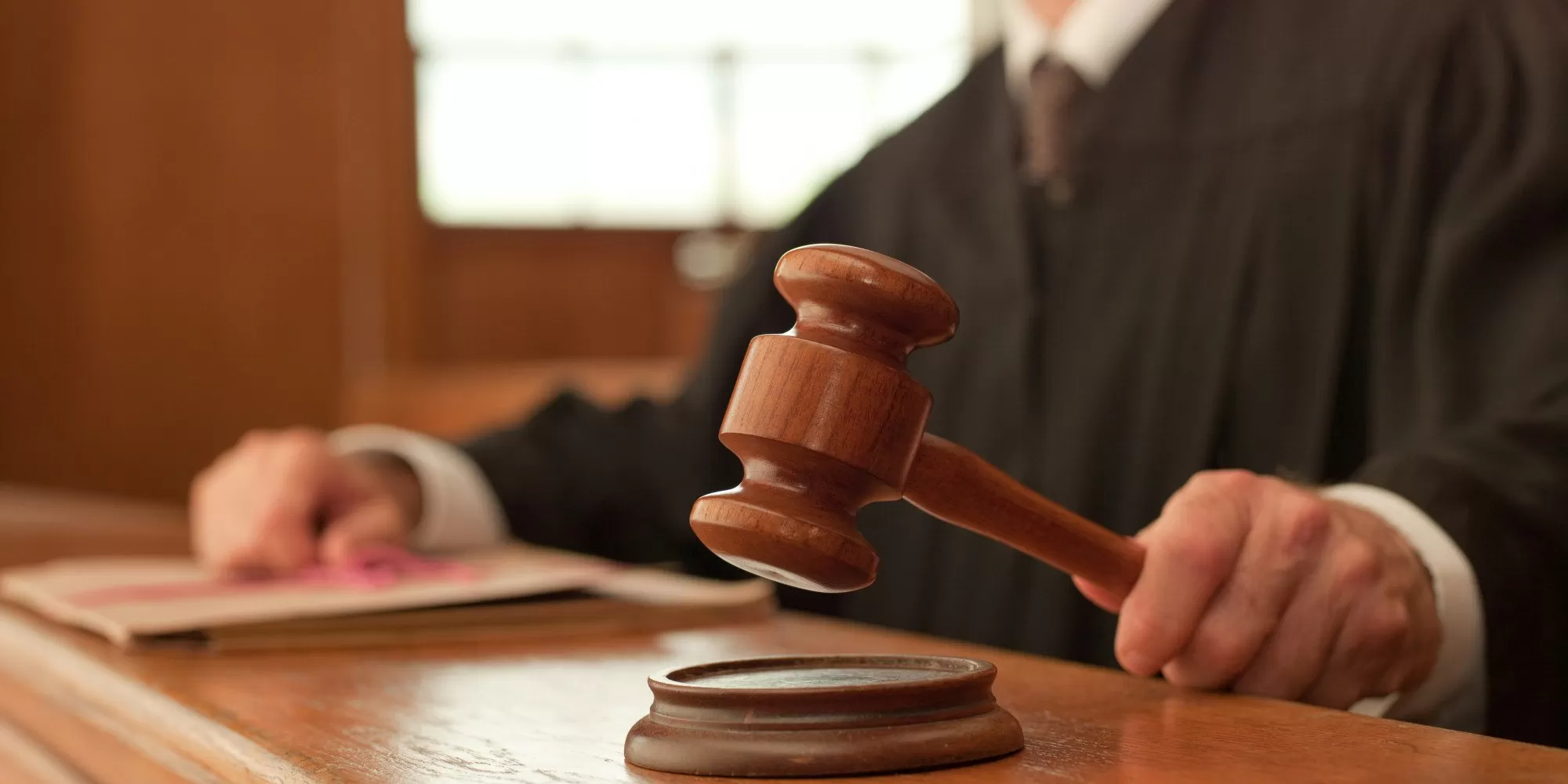Why it matters: Google is warning that a 2020 ruling by the High Court of Australia could have a “devastating” impact on the entire internet, forcing the company to “censor” search results if a defamation charge is allowed to stand.

The Guardian reports that the case revolves around George Defteros, a Victoria defense lawyer who previously represented Melbourne gangland figures. He sued Google over claims that its publication of search results showing a 2004 article defamed him.
The article from The Age implied that Defteros had become more than just a lawyer for criminal elements but was also a friend and confidant, crossing professional boundaries. The piece also reported on the murder charges Defteros faced in relation to the killing of three men. Prosecutors withdrew the charges in 2005.
Defteros’ lawyers contacted Google in February 2016 and asked it to remove the article, but Google refused as it said The Age was a reputable source. The piece was eventually removed in December 2016 after it had been accessed a further 150 times.

The issue ended up in the courts and Defteros was awarded $40,000 in defamation damages in 2020. Supreme court justice Melinda Richards said neither the article nor the Google search result indicated the murder charges against Defteros had been dropped. Google appealed the decision, but the Victorian Court of Appeals rejected it.
In a filing, Google argues that “a hyperlink is not, in and of itself, the communication of that to which it links,” and that websites should only be liable if the hyperlink “actually repeats the defamatory imputation to which it links.”
“The inevitable consequence of leaving the court of appeal’s decision undisturbed is that Google will be required to act as censor by excluding any webpage about which complaint is made from its search results, even when, as here, the webpage may be a matter of legitimate interest to the substantial portion of people who search for it and is published by a reputable news source.”
In September last year, the Dylan Voller case saw Australia’s High Court rule that news sites should be considered liable for defamatory posts to their Facebook pages, rather than the posters themselves. This ruling led to some outlets blocking Australians from accessing their Facebook pages.
https://www.techspot.com/news/93099-google-warns-defamation-case-ruling-force-censor-internet.html